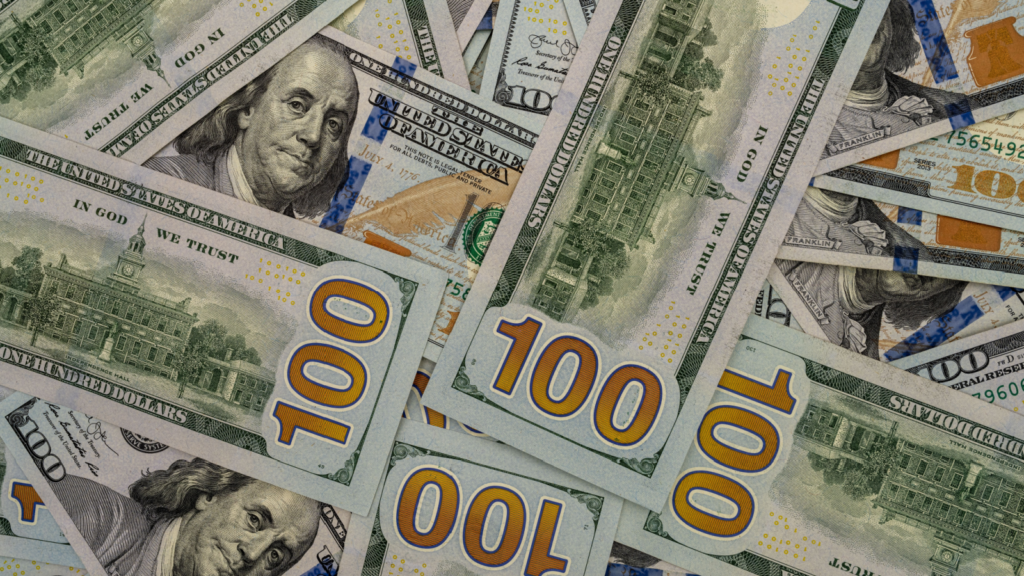The trillion-dollar market cap club is currently dominated by the tech sector. But will two traditional retail giants eventually find themselves among this rarefied crowd?
Walmart (NYSE:WMT) and Costco (NASDAQ:COST) still have a ways to go before they approach a trillion dollars. And they remain dwarfed by e-commerce leader Amazon (NASDAQ:AMZN), which has a $1.6 trillion market cap. But they’re each inching closer to $1 trillion. Walmart’s stock is less than 10% from its all-time high and currently has a market capitalization of more than $415 billion. Costco, which has soared nearly 50% in 2023, is just a hair below its record high and now has a market value of about $300 billion.
Both discount-oriented retailers have benefited from the fact that more consumers are hunting for bargains during a period of high inflation. Which one will hit the trillion-dollar threshold first? It’s tempting to say that it will be Walmart. After all, the Bentonville, Arkansas-based colossus has a pretty sizable market cap lead over Costco. Earnings are expected to grow about 8% annually over the next few years, which should lead to further stock price gains.
The Next Trillion-Dollar Stocks
Walmart also has a majority stake in rapidly growing Indian e-commerce unicorn Flipkart. And Walmart is boosting its presence in the burgeoning market for “buy now, pay later” loans, which let customers pay in monthly installments. BNPB leader Affirm (NASDAQ:AFRM) recently announced that it was expanding a partnership with Walmart to allow shoppers using self-checkout kiosks at more than 4,500 U.S. Walmart locations to pay for purchases over time. With all this in mind, it’s no wonder that Walmart is a beloved stock on Wall Street. Twenty-five of the 30 sell-side analysts covering Walmart have it rated a “buy.”
Still, there’s a strong case for Costco beating Walmart to the 1 and 12 zeroes milestone. I realize that past performance is no indicator of future success for a stock, but…for what it’s worth…Costco shares have surged roughly 245% in the past five years. If Costco were to repeat that level of success over the next half-decade, the company would then have a market valuation hovering just above $1 trillion.
Costco, which competes with Walmart-owned Sam’s Club, is growing more rapidly than its Walmart rival. Costco’s sales were up more than 6% in its most recent quarter, compared to a less-than-3% increase at Sam’s Club. Profits are expected to grow another 9% annually, on average, over the next few years.
Costco is also rewarding investors periodically with big one-time special dividends. The Issaquah, Washington-based company just announced plans to pay investors a whopping $15-a -share special dividend in its most recent earnings report. That easily tops the most recent payouts of $10 a share in 2020 and $7 per share in 2017.
The Bottom Line
So don’t be surprised if Costco eventually leapfrogs Walmart — as well as home improvement retail giant Home Depot (NYSE:HD), which has a market cap of about $350 billion — to become the first brick-and-mortar retailer to get to the $1 trillion mark. But both Walmart and Costco should narrow the gap between themselves and Amazon as consumers keep looking for ways to save money.
As of this writing, Paul R. La Monica did not hold (either directly or indirectly) any positions in the securities mentioned in this article. The opinions expressed in this article are those of the writer, subject to the InvestorPlace.com Publishing Guidelines.
